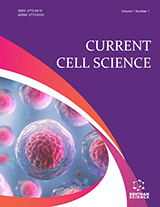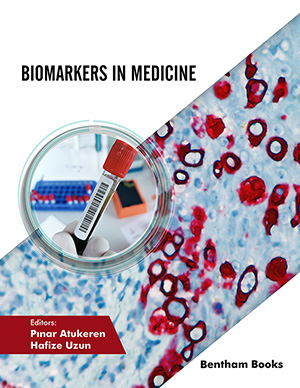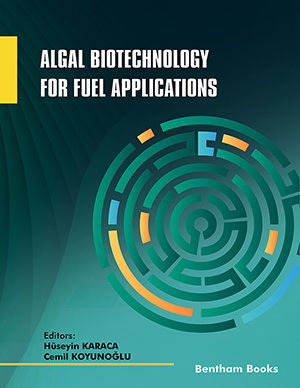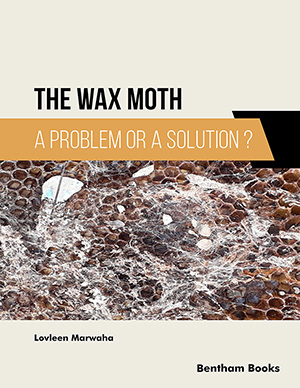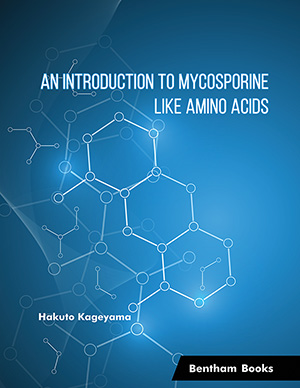Abstract
The professional development of exercise physiologists is determined by the quality of their professional thinking, which is in turn determined by the quality of their critical thinking, for critical thinking is the driving force behind professionalism. Without critical thinking, there is little reason to think exercise physiologists are meaningfully interlocked with other healthcare professionals. In fact, it is obvious that all the scientific papers, presentations, and posters by exercise physiologists at national and regional meetings cannot define exercise physiology as a profession. This point is within their understanding if they work at critical thinking as they have taught their students to think scientifically. Yet, many academic exercise physiologists continue to present their scientific papers without internalizing the concepts and principles essential to the professionalism in exercise physiology (i.e., code of ethics, accreditation, and a career specific Board Certification). Despite having the doctorate degree and after teaching years of college and university courses, few professors have the skills to become self-directed, self-monitored, and self-corrective critical thinkers to guide their students’ path towards professionalism.
Keywords: Accreditation, ASEP vision, Code of ethics, Exercise physiology, Integrity, Profession, Professional, Professionalism, Traditional thinking.




